
The Darrell McClain show
Independent media that won't reinforce tribalism. We have one Planet; nobody's leaving, so let’s reason together!! Darrell McClain is a Military veteran with an abnormal interest in politics, economics, religion, philosophy, science, and literature. He's the author of Faith and the Ballot: A Christian's Guide to Voting, Unity, and Witness in Divided Times. Darrell is a certified Counselor. He focuses primarily on relationships, grief, addiction, and PTSD. He was born and raised in Jacksonville, FL, and went to Edward H white High School, where he wrestled under Coach Jermy Smith and The Late Brian Gilbert. He was a team wrestling captain, District champion, and an NHSCA All-American in freestyle Wrestling. He received a wrestling scholarship from Waldorf University in Forest City, Iowa. After a short period, he decided he no longer wanted to cut weight, effectively ending his college wrestling journey. Darrell McClain is an Ordained Pastor under the Universal Life Church and remains in good standing, as well as a Minister with American Marriage Ministries. He's a Believer in The Doctrines of Grace, Also Known as Calvinism. He joined the United States Navy in 2008 and was A Master at Arms (military police officer). He was awarded several medals while on active duty, including an Expeditionary Combat Medal, a Global War on Terror Medal, a National Defense Medal, a Korean Defense Medal, and multiple Navy Achievement Medals. While in the Navy, he also served as the assistant wrestling coach at Robert E. Lee High School. He's a Black Belt in Brazilian Jiu-Jitsu under 6th-degree black belt Gustavo Machado. Darrell Trains At Gustavo Machado Norfolk under the 4th-degree black belt and Former Marine Professor Mark Sausser. He studied psychology at American Military University and criminal justice at ECPI University.
The Darrell McClain show
Sanctuary Or Sword
Use Left/Right to seek, Home/End to jump to start or end. Hold shift to jump forward or backward.
Sirens, hymns, and a hard choice at the curb outside a detention center: that’s where our story begins. We trace the line from candlelit vigils at “Alligator Alcatraz” to pulpits blessing immigration raids, and ask what Christian faith actually demands when families are torn apart at 2 a.m. Some clergy call ICE agents to repentance and take pepper balls for their trouble; others preach a “theology of borders” that imagines Jesus smiling at a van packed with migrants. History is watching, and we refuse to look away.
Then the ground shifts. A pastor says slavery is “not inherently evil,” and we pull the pin on that claim. We walk through how “plain reading” has long been used to sanctify oppression, and how the biblical story seeds liberation from Exodus to Jubilee to Paul’s abolition of slave and free in Christ. This isn’t academic. When rhetoric like this sidles up to power, real people pay the price. We draw a straight line from Pharaoh’s logic to Christian nationalism and call for a gospel that breaks chains, not justifies them.
The data takes center stage next: men, especially Gen Z and married dads, are back in church, while women—often the backbone of congregational life—are slipping out. Is this revival or reshuffling? We explore why younger women and single moms disengage, how scandal and rigid roles erode trust, and what a truly whole church would look like if both sons and daughters belonged without caveats. Along the way, we widen the lens to economic justice: tariffs that trivialize hardship, wage stagnation despite soaring productivity, billionaire tax advantages, and what concrete policy fixes could restore dignity to work.
We close with a steady question: what is the unwasted life? From Aristotle’s flourishing to Stoic agency to a faith that loves neighbor in public, we sketch a way forward that values courage, community, and consistency—at the border, in the pew, and at the ballot box. If this resonates, tap follow, share the episode with a friend, and leave a review to keep these conversations moving. What choice will your life make?
Let's not kid ourselves, this is one of those moments when the church is being forced to choose sides, and neutrality isn't really an option. Immigration raids are not happening in the abstract, they are happening on real streets and real neighborhoods, pulling apart families in the middle of the night. Children showing up to school with one parent gone, sometimes both. Communities hollowed out like someone swung a wrecking ball through the neighborhood, and what makes this moment even more electric, even more consequential, is that the clergy America's pastors, priests, and preachers are staring at each other across the aisle with radically different visions of what it means to follow Christ. On one side you've got clergy who've thrown themselves into this storm and not politely, they're showing up at detention centers with candles, guitars, and guts. In Florida, at that grim place they call Alligator Alcatraz, surrounded by swamp and chain link, pastors are turning weekly vigils into worship.
SPEAKER_11:Instead of protesting, a group of about 40 people showed up today outside the facility to pray. That's where we find local tenants.
SPEAKER_06:Alligator Alcatraz opened a little more than two weeks ago. And ever since it opened, dozens of people have been gathering outside of the detention facility, holding all sorts of signs. Today it was different. Today we're still here, but they just united in prayer.
SPEAKER_04:Betty is still done. This is my home and our people's home. I have not just the Mikotuki people, but for all the plants and the animals.
SPEAKER_06:The Mikosuki tribe member Betty feels the creator's creation right here at the Everglades, where alligator Alcatraz is located.
SPEAKER_04:I can feel it in the trees. The uncertainty of what's going on with all these people coming and going.
SPEAKER_05:To help reverse this negative energy, Oceola says there is listen to my cry. For I am in desperate need.
SPEAKER_06:No signs, no protest, some with their hands up, others with their hands together, eyes closed, tears streaming out from like the water to the plants, to the air, um, to the people. This is really a tragedy that's happening inside.
SPEAKER_03:You know, especially coming from the governor that wanted elected running as a champion of the eviction.
SPEAKER_01:Most of the people gathered here today are not directly impacted by the rounding up of immigrants.
SPEAKER_06:But on the other side of the road, this sign has become a tourist attraction.
SPEAKER_04:No one is against immigration if you do it legally.
SPEAKER_06:And we're also learning the Mikosuki tribe is looking to join an environmental lawsuit against state and federal agencies that participated in the construction of this detention facility. We're live outside Alligator Alcatraz, Hany Yoshi, Local 10 News.
SPEAKER_10:Not quiet prayer circles, but open acts of resistance, saying with their bodies and their voices, We see you and we will not let you be forgotten. And it's not just Florida. In Chicago, you had Reverend David Black literally walk up to ICE agents like an old school revival preacher trying to give them an altar call. Come to Christ, he said, repent for what you're doing. Instead of repentance, they gave him pepper balls to the head. And yet he called it worth it. That's not political performance, that's conviction. For clergy in this camp, it's simple. Jesus was a migrant. The holy family were refugees. The entire Christian story starts with exile, displacement, and a God who identifies with the outsider. To ignore that is to amputate half the gospel. But across the way you've got pastors preaching the exact opposite. Leaders like Joel Webin down in Texas telling his followers to join ICE because, in his words, they would be God's appointed avenger. This is a theology of borders, not bridges.
SPEAKER_00:Yeah, you can't be individual anti, but you literally can join ICE and be God's appointed avenger, right? Who seeks to carry out God's vengeance on the evildoer. Imagim immigration is evil. So to join the proper mechanism through ICE and to become uh, in that sense, God's appointed deacon to carry out vengeance on the evildoer who is devouring the inheritance of the children, um, that is a righteous thing. You can you can join ice today and uh and make Jesus smile uh as you with a gun pack foreigners into the back of a van to be uh kicked out of the country.
SPEAKER_10:It's the idea that migrants aren't desperate families, they're invaders. That rounding them up isn't cruelty, it's obedience. That Jesus, if he were alive today, would be standing outside the ICE band smiling sword in hand. Let's call it what it is. This isn't the gospel of grace, it's the gospel of exclusion. And it has roots that echoes the sermons of pastors who once used scripture to justify slavery, to defend segregation, to sanctify empire. There's always been a faction of the church ready to baptize Caesar's sword. This divide is not new. When enslaved people fled the South along the Underground Railroad, it was clergy black and white who turned churches into safe houses, who preached that God's law trumped man's law. That was holy disobedience. That was sanctuary in its purest form. Fast forward a century and in the civil rights era, again the clergy split. You had King in the Southern Christian Leadership Conference invoking Moses, Exodus, and Jesus to dismantle Jim Crow. And you had pastors in the very same towns and the very same pulpits insisting that segregation was divinely ordered, that it kept God's world in harmony. So when we look at today's immigration fight, we're not seeing something brand new, we're seeing the same script recycled. The same verses deployed as weapons or as bomb depending on whose side you're on. The same question underneath it all, whose God are you really serving? And now we've got Pope Leo adding fuel to the fire. He's telling American bishops straight up, stop being polite, stop mumbling, speak with a strong voice, because if you can stand against abortion but shrug at the caging of children, your pro-life is selective and your gospel is cracked. That rebuke stung. It still stings. Because deep down it forces the question, is the American church willing to be consistent? Or are we just cafeteria Christians, picking the parts of Christ we like, discarding the parts that cost us something, so the battle lines are drawn. Some churches are turning sanctuaries into shelters, others are turning pulpits into podiums for border enforcement, and the clash isn't just political, it's theological. Because here's the truth. Every ICE raid forces a theological choice. Every deportation ban is also a mirror. And when the dust settles, history will tally it up who sheltered the stranger and who stood with Pharaoh. I keep circling back to that haunting question when it comes to immigration, what would Jesus do? But the harder question, the one that really burns, is what are we doing? Are we worshiping the refugee Christ or deporting him all over again? That's not a rhetorical question. That's the crisis of the church in 2025.
unknown:I know.
SPEAKER_07:Some of you guys are upset by that. Some of you guys are saying I've been saying that for years. Okay, I'll take it a step further. It is not inherently evil to own another human being. I know. Okay? Every Christian should be able to defend it. Big Eva, big evangelicalism has been getting this wrong for years, basically since Genesis, since the advent of Big Eva. They haven't had a good answer for the slavery issue. Christians in America have been led astray on this topic. They've been led to believe things that the Bible doesn't teach. And when we go beyond the Bible, there are dire consequences.
SPEAKER_10:Now, if segment one was about immigration and the church being torn in half, segment two shows us just how deep that rot can go. Because while some clergy are out here debating whether Jesus would be holding a candle or an ICE badge, Pastor Joshua Haynes went and said the quiet part loud. That slavery, in his words, is not inherently evil. Let that sink in. Two thousand years after the cross, 160 years after the Emancipation Proclamation, pastors in America are still trying to give moral cover to chains, still trying to baptize shackles in scripture. Haynes says it's a plain reading of the Bible. But here's the trick. The same plain reading once told you the sun revolved around the earth. The same plain reading was used in the Antabellum South to justify whipping men and selling children. It's not plain reading, it's lazy reading. Worse it's weaponized reading. Yes, the Bible records slavery, but it also records genocide, polygamy, concubines, and stoning adulterers. Scripture reflects the brokenness of ancient societies while planting seeds of liberation inside them. God leads Israel out of Egypt. The prophets thunder against oppression. Jesus proclaims freedom for captives. Paul says in Christ there is neither slave nor free. That's the that's the point. But Haynes was to freeze history in Leviticus as if the gospel never happened, as if Christ never broke the chains. He wants us stuck in the letter while ignoring the spirit, the spirit that declares every person is made in the image of God. And notice the pattern in segment one, I see raids are blessed from the pulpit. In segment two, slavery gets defended as not inherently evil. Same playbook, different costume. It's the theology of exclusion, dusted off and trotted back out. First it was Pharaoh, then the Confederacy, now it's Christian nationalism with a podcast mic. Always somebody claiming God's will to justify treating people as less than human. The stakes here are not abstract. When Haynes sits down with Defense Secretary Pete Hagseth, when rhetoric like this cozies up to real political power, it's not just shock value, it's dangerous. It puts lives at risk again. So let me be clear, slavery is inherently evil. Immigration raids that rip families apart are inherently evil. Any theology that reduces a child of God to property or an immigrant family to invaders is not Christianity, it's Caesar wearing a clerical collar. The church's calling is not to defend shackles, it's to break them. Not to police borders, but to welcome strangers, not to sanctify oppression, but to proclaim liberty to the captives. Segment one showed us the church divided on immigrants. Segment two shows us why, because parts of the church never repented of slavery, never let go of Pharaoh's logic, and until we face that, the same rotten theology will keep finding new targets, new others to exclude, expel, and enslave. So the thrill line is this when people look back at the church in 2025, they'll ask, Did we finally learn? Or did we keep replaying history's ugliest notes under a different name? For decades the question was, where have all the men gone? Every pastor's conference, every hand-wringing article you could count on someone lamenting that church was a women's world with men missing in action. Well, the script just flipped. According to Barna, men now outnumber women in church pews for the first time in decades. Forty-three percent of men report weekly attendance compared to 36% of women, the most faithful demographic. Married dads. And leading the revival, not the boomers, not even Gen X, but Gen Z men. That's right. Young men who once shrugged at religion are now showing up in force, while young women quietly slip out the side door. Varna points to a mix of reasons. Single mothers are stretched thin juggling work, parenting, and life without the bandwidth for Sunday mornings. Churches, meanwhile, are doubling down on nuclear family programming spaces that can feel exclusionary if you're walking in as a single mom. And then there's the elephant in the sanctuary scandal, the endless drumbeat of male pastors caught in abuse, hypocrisy, and moral failure. Women see that, they hear the justifications, and they ask why stay. Meanwhile, men, especially young men, are rediscovering church as a place of order, identity, and purpose. In a chaotic cultural moment, church offers them a script, structure, roles, ritual. For some, it's the one place where they aren't being told they're toxic for wanting direction. So we've got this strange inversion. Women, along the backbone of church life, are bleeding out of the pews. Men once the missing flock are marching back in. But here's the question: is this a revival or just a reshuffling? Because a church that gains men but loses women is not a church that's healthy, it's a church that's lopsided. It risks becoming more patriarchal, more insular, more tondab to half the body of Christ. History reminds us when women disengage, the whole church suffers. From the early house churches to abolition and suffrage to civil rights, women have been the spiritual oxygen in the room. When that oxygen thins, the fire dims. So maybe the better question isn't why are men coming back, but why are women leaving and what are we going to do about it? Because if churches celebrate men in the pews while ignoring the quiet exodus of women, they're not reading the full story. And the story is this faith isn't flourishing if half the family of God is walking away. Darrell. For the first time in decades, men are outnumbering women in church pews. Forty-three percent of men say they attend weekly, compared to 36% of women. Married dads are leading the way, and young Gen Z men, the same group everyone said was done with church, are showing up at nearly half. But here's the kicker: just as men are walking in, women are walking out, single moms in particular, only about a quarter say they've been to church in the last week. So what does this mean for the church? Revival or rupture? Let me set the table with two voices. Pastor One, the Optimist. This is good news. For decades we begged men to take faith seriously. Now they are. Men are rediscovering church as a place of purpose, accountability, and leadership. Families thrive when fathers step into their spiritual role. If anything, this is the healthiest ship we've seen in years. Pastor Two, the realist. Hold on. You can't call it healthy if women are leaving at the same time. For centuries, women carry church life on their backs from children's ministry to choir to prayer meetings. If they're walking out, that's not a revival, that's a hemorrhage. You don't fix decline by trading one gender for another. Darrell. And both of them are looking at the same data. Men are coming in for structure identity, maybe even the sense that in church they're not being told they're toxic. But women, especially younger women, are leaving because of toxic leadership scandals, gender role rigidity, programming that sidelines single moms. So you've got two ships crossing in the night. And here's the danger. If churches cheer the return of men while ignoring the exodus of women, they'll end up more patriarchal, more insular, less representative of the whole body of Christ. Revival that drives women out isn't revival. It's just a reshuffling of the pews. The bigger question is this: can the church build a space where both sons and daughters, fathers and mothers, old and young, belong? Or are we about to repeat the mistake of celebrating half the story while losing sight of the rest? History will tell us. But if the church wants to truly flourish, it can't just count the men walking in, it has to notice the women walking away.
SPEAKER_09:Our blast on the intellectual pass is going to be a clip from John Piper. With a little bit of a twist in there, we put some music to it for a sermon jam about the unw unwasted life. So let's go to the blast on the intellectual pass, the unwasted life from Dr. Pastor John Piper.
SPEAKER_08:What a tragedy in America! This is one of the biggest tragedies in our culture. That billions of dollars are invested every year to get people my age to waste the rest of our lives. Billions of dollars invested to persuade us and lure us at any cost, it seems, to waste the rest of our lives. It's called retirement. Now enjoy it. With the years, perhaps, of honey. Under the weight of healthy, 65-year-old people playing bridge and shuffleboards and collecting shells and fishing and golfing their way into the presence of K. And you know what? You're gonna join them unless at this stage in your life You make some very radical very radical commitments, very radical choices about where your grand. Because every stage of your life in this Disneyland, called America, there are powerful forces anyway to get you to waste your lives. It will take a massive work of grace to rescue you from the clutches of this culture. Many of you are totally displayed. So now the question is What is the unwasted life? Tell us what the unwasted life is. That's why you expect whatever game I have. I killed it as lost. For the sake of Christ, I kill that everything is lost. Because of the surpassing order of knowing Christ Jesus, my Lord. For his sake, I have suffered the loss of all things. Christ. Great answer. My experience in Christ has everything else in his life. And they will believe and written over their life and your life. And I pray my life will be the words, this life was not wasted. This life gladly displayed the supreme worth of Jesus Christ.
SPEAKER_10:By Darrell McLean, June 14th, 2025 introduction. A country built on broken promises when President Donald Trump recently dismissed tariff-induced price hikes by saying, I don't think a beautiful baby girl needs 30 dolls, he offered more than just a casual remark. He exposed a profound misunderstanding, if not outright disregard for the financial hardship faced by millions of American families. This isn't about dolls. It's about the insidious weight economic sacrifices demanded from those with the least, while the ultra-wealthy continue to accumulate unimaginable fortunes, untouched by austerity. For working class families, rising prices don't mean buying fewer luxuries, they mean choosing between food, rent, or medication. Trump's statement epitomizes a national narrative that is both tandef and unjust, a myth that the poor can simply do with less while billionaires are never asked to give more. When tariffs hurt the poor, not the powerful tariffs and inflationary policies disproportionately burden low and middle income households. For families already living on the edge, an increase in prices doesn't mean a shift from$30 to fort, means no dolls at all. More importantly, it means fewer groceries, skipped medical appointments, and mounting utility debt. Meanwhile, the wealthy who consume a larger share of luxury goods and investments are insulated. They benefit from price hikes, stock surges, and tax codes designed to protect capital over labor. Policies intended to level the playing field off and widen the gap instead. The luxury of sacrifice. Economic disparity in practice, there's an irony in political leaders demanding frugality from people whose lives have never been shaped by necessity. Trump's own children grew up surrounded by opulence. Their reality involved trust funds, private jets, and elite schools not food, insecurity, or secondhand clothes. This disconnect is not unique to the Trump family. It's systemic. Those in power often speak of sacrifice while living lives defined by excess, leaving millions of Americans to wonder why responsibility always flows downward, never upward. Billionaire wealth, the numbers that break the system, the disparity is not just Visa Blitz mathematical. Jeff Bezos reportedly earns over$1.27 million million per hour. In that same hour, a fast food worker might earn$1.15 if they're lucky. Bezos makes more in a day than most Americans will in a lifetime. Elon Musk, Mark Zuckerberg, and other tech titans exist in a reality so divorced from the average citizen that it's almost impossible to grasp. While billionaires expand their empires, buy media outlets, and launch rockets into space, basic survival remains a daily challenge for tens of millions. Yet the national conversation rarely calls on the ultra-wealthy to contribute more. Worker productivity vs wage stagnation since the 1970s, American worker productivity has risen by 500%, yet wages have remained relatively stagnant when adjusted for inflation. That extra value didn't vanish it, was captured by executives and shareholders. This trend reveals an uncomfortable truth, the system is rigged to reward those at the top, regardless of actual labor or contribution. While profits soar, those who generate the wealth janitors, nurses, delivery drivers continue to struggle under the weight of systemic indifference. The silent majority pacheck to pacheck nation today, 62% of Americans live paycheck to paycheck. For these individuals, a flat tire or a medical bill isn't just an inconvenience, that's a crisis. The rise of gig work, contract jobs, and stagnant minimum wages has created a workforce that is overworked, underpaid, and perpetually on edge. And yet public discourse continues to blame the poor for their poverty. Pundits speak of personal responsibility while ignoring decades of wage suppression, housing inequality, and predatory lending. The military and the moral hypocrisy of patriotism, few examples better illustrate the inequality paradox than the treatment of U.S. military personnel. Many service members enlist out of economic necessity. Upon return, they face broken promises, poor health care, limited job opportunities, and underfunded benefits. Shockingly, many active duty troops qualify for food stamps. They fight wars for billion-dollar defense contractors only to come home and struggle to feed their families. If any group deserves security and dignity, it is those who serve. Yet, they too are victims of a system that rewards wealth over sacrifice. The yachts and the yawns, billionaire excess and public indifference is hard to grasp the magnitude of modern wealth. Some billionaires own multiple mega yachts each costing upwards of$400 million million to operate. Others maintain dozens of luxury properties worldwide. In contrast, nearly 600-0 Americans are homeless on any given night. But instead of confronting this disparity, our media culture glorifies excess. We celebrate wealth while demonizing welfare. The result is a moral inversion. Extravagance is aspirational need, is shameful. Asking the right questions about sacrifice, why is it always the poor and working class who are asked to tighten their belts? Why are billionaires not subject to the same expectations of sacrifice? The inequality paradox lies not just in economics but in ethics. If a struggling single mother is expected to cut back on grocery, shouldn't a billionaire be expected to contribute more than a token donation? Why are we told to reduce public programs while the ultra wealthy enjoy tax loopholes, offshore accounts, and private lobbying access? True economic justice begins by asking the right people the hard questions and holding them accountable when they don't have the answers. Policy solutions for true economic justice solving the inequality crisis doesn't require punishment. It requires redistribution of opportunity and reward. Some of the most promising approaches include progressive taxation, a system where the ultra wealthy pay proportional taxes on income, capital gains, and inherited wealth. Wealth taxes applied to billionaires whose fortunes have ballooned due to stock market speculation, not labor. Universal basic services, health care, education, and housing should be human rights, not commodities. Wage productivity linking, mandating that wages rise in tandem with productivity, ensuring workers share in the value they create. These aren't radical ideas, they're necessary correctives to a broken system. Cultural shifts changing what we value beyond policy, we need a cultural reckoning. We must reject the myth that wealth is synonymous with virtue. We must elevate dignity, community, and compassion as markers of success, not just profit margins and stock portfolios. Imagine a country where success is defined by how well we treat each other, not how much we accumulate. Politicians proudly propose policies that uplift the working class, not pander to the wealthy. Media celebrates acts of community care instead of luxury spending. That future is possible but only if we change the narrative. Fact. One. What did President Trump say about toys and tariffs? He remarked that a beautiful baby girl doesn't need 30 dollars in response to price increases, suggesting families could simply buy less ignoring the fact that many families can't afford basic goods to begin with. 2. How much has worker productivity increased since the 1970s? Roughly 500% while real wages have remained mostly flat, leading to massive gains for corporations and executives. 3. What percentage of Americans lie paycheck to paycheck? As of recent reports, about 62% of US adults highlighting the fragility of the working class. 4. Why are active duty troops on food stamps? Because military salaries often don't cover basic living expenses, especially for families and indictment, of how we treat those who serve. 5. Do billionaires pay less in taxes proportionally? Yes. Many use legal loopholes to pay lower effective tax rates than middle class Americans. 6. What policies can fix this? Progressive taxes, universal services, wage reforms, and wealth redistribution strategies are among the most effective tools for change. Conclusion, a call for balance, not austerity, we can no longer afford the delusion that economic justice is about asking the poor to give more. The real injustices in how we protect the ultra wealthy from the responsibilities of citizenship, while demanding more from those with nothing left to America's greatness won't be measured by the number of billionaires it produces, but by how it treats its most vulnerable. If we want a sustainable, dignified future, we must stop demanding less from the working poor and start expecting more from those who have benefited most. We must rewrite the social contract not with austerity, but with equity, empathy, and economic truth. Subscribe to Darrell McLean, launched four months ago, cultural critic and overthinking intellectual with a theological edge. Writing sharp takes on politics, faith, and society always questioning, always digging deeper. Something that's been bugging humanity since the first time someone asked what's the point of all this? That question. Is what does it mean to live a good life? Now don't roll your eyes just yet, this isn't just ivory tower stuff. This question is woven into every decision we make. Every choice about money, love, politics, even whether you doom scroll before bed, or pick up a book that's a philosophy of life in action. Ancient blueprints the Greeks set the table. Plato said a good life was about chasing eternal truce, justice, beauty, wisdom. Aristotle was more practical, insisting the good life is eudaimonia, flourishing which you get by practicing virtue until it becomes muscle memory. You don't just talk about courage, you train it like you train your jab cross combo until it's part of you. Then you got the Stoics, people like Marcus Aurelius, the Roman Emperor who ruled an empire by day and journaled about humility by night. Their pitch was simple Stop crying about what you can't control. You can't control traffic. You can't control inflation. You can't control your uncle ranting on Facebook. What you can control is your response, and that's where freedom begins. Spiritual anchors, religion carried the baton. Christianity says the good life is about loving God and loving neighbor, centering your days on holiness and service. Buddhism says reduce suffering, start with your own ego, radiate compassion outward. Islam balances the duties of this life with the hope of the next justice, charity, obedience to God. Each tradition ties the good life to something beyond yourself, a higher order that keeps you from drifting into self absorption. Modern shakups then modern philosophy kick the legs out from under tradition. Utilitarian said, Let's measure the good life by happiness, maximize pleasure, minimize pain for as many people as possible. Existentialist Sardar Kama said, sorry, the universe didn't give you instructions. Life is absurd. You want meaning. Write your own. Nietzsche went further. Forget following rules, burn the old maps. The good life is creating your own values when the world around you collapses. That's a lif. So let's test drive it in real life. Real world test drives politics, Scandinavian countries legislate happiness taxes are high, but so is health care, education, security. They're betting Aristotle and Mill were right. Meanwhile, some societies legislate virtue laws shaped by moral traditions. And uh America is a grand experiment in liberty. The creed is basically don't tell me how to live. I'll figure it out myself. Personal life, every big decision is a philosophical showdown. Do you chase the high paying job that eats your soul or the one that feels like calling but keeps you broke? Do you pour into family, into building something bigger than you or into self factualization? You're making a statement every time, whether you call it philosophy or not. Technology, here's where it gets wild. If AI, robots and algorithms take over the survival jobs, what then? Do we finally get freed up to create art, write books, plant gardens? Or do we drown in endless distraction, thumb scrolling until we forget what daylight looks like? Technology has resurrected the good life question in real time. Cultural crossroads, let's be honest, modern culture pushes us in confusing directions. On one hand, we're told the good life is hustle rise and grind, stack money, climb the ladder. On the other, we're sold consumption the next gadget, the next Netflix binge, the next dopamine hit. And then in the background there's that small voice that says maybe the good like isn't about chasing or buying it all. Maybe it's about presence. Stillness. A good meal with people you love. Knowing you're useful to someone besides yourself. But that small voice is hard to hear when TikTok is shouting in your ear that if you don't own three Airbnbs by twenty five, you failed at life. The quilt of life here's where I land. Nobody lives out one philosophy perfectly. We quilt it together. A little stoic toughness when your car breaks down, a little utilitarian math when you vote on policy, a little existential grit when life punches you in the throat. Maybe uh a spiritual anchor when the weight gets too heavy. It's messy, but maybe that's the point. The good life isn't a clean formula. It's a mix and the art is in balancing it. And here's the kicker your definition changes. At eighteen, the good life might look like freedom and adrenaline. At forty, maybe it looks like stability roots, watching your kids grow. At seventy, maybe it looks like peace, clarity, gratitude. If you're lucky, you'll see it morph and mature in your own lifetime. A question, not an answer, so I'll close with this. Maybe the good life isn't about finding one neat answer. Maybe it's about holding the tension between pleasure and virtue, between freedom and duty, between serving yourself and serving others. The good life is the balance point, and that balance shifts as life does. So tonight, ask yourself, is the way I'm living right now pointing me toward my vision of a good life or away from it? Don't just drift. Don't just consume. Question the script. Write your own. Adjust as you go. Because in the end, the good life isn't something you define once and lock in forever. It's something you live into one choice at a time. This has been the Daryl McLean show. Until next time I live wide awake, hold attention and never settle for somebody else's small definition of the good.
Podcasts we love
Check out these other fine podcasts recommended by us, not an algorithm.

The LUNSB Show with T-Bone and ChickBrew
Tony Knuckles
Over opinionated with Josh Scott
Josh scott
Don't Be Mad: A Podcast with Jamie and Abby!
Jamie Kilstein
The Back Row with Jamie Kilstein
Jamie Kilstein
Your Calvinist Podcast with Keith Foskey
Keith Foskey
BJJ Mental Models
Steve Kwan
Renewing Your Mind
Ligonier Ministries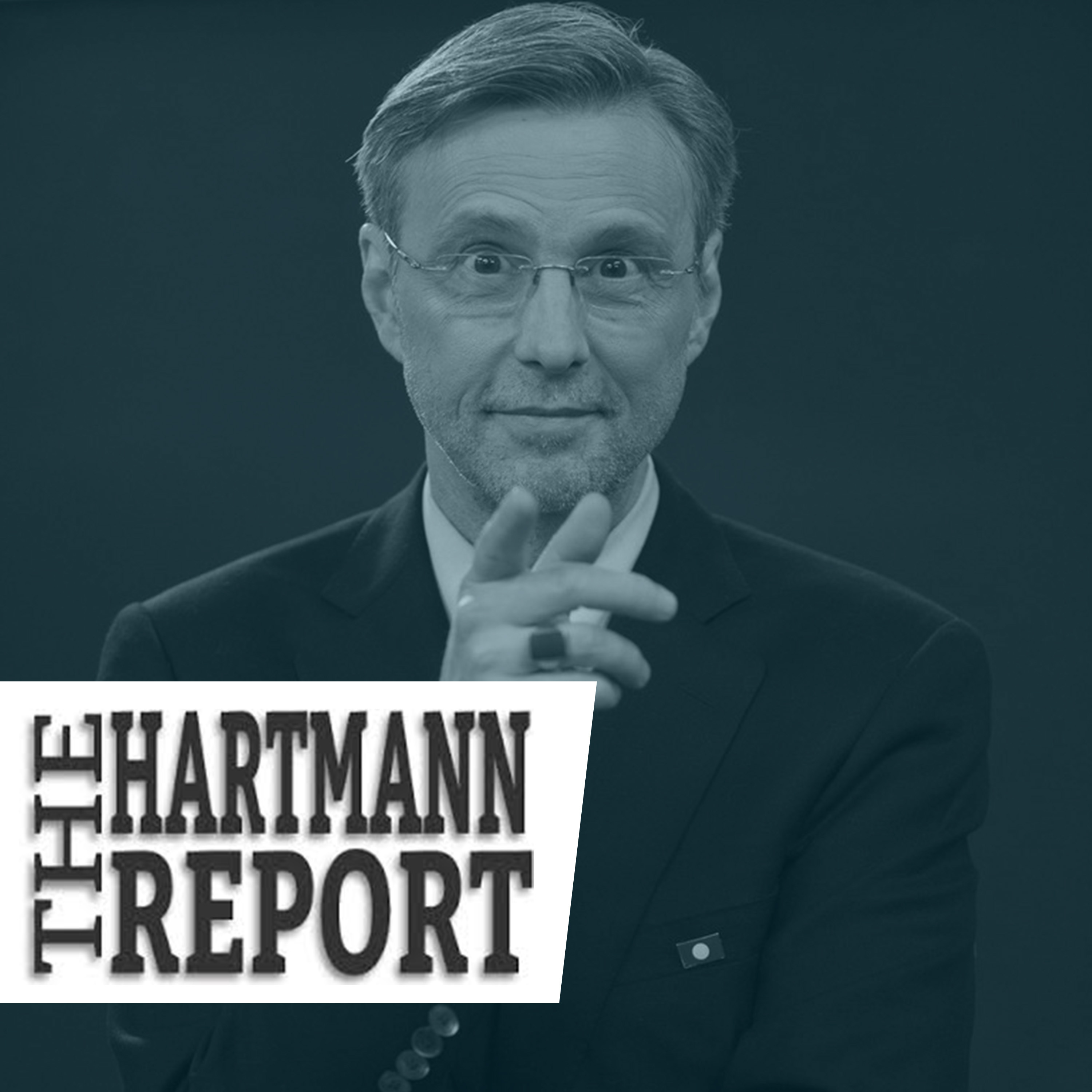
The Hartmann Report
Thom Hartmann
The Glenn Show
Glenn Loury
#RolandMartinUnfiltered
Roland S. Martin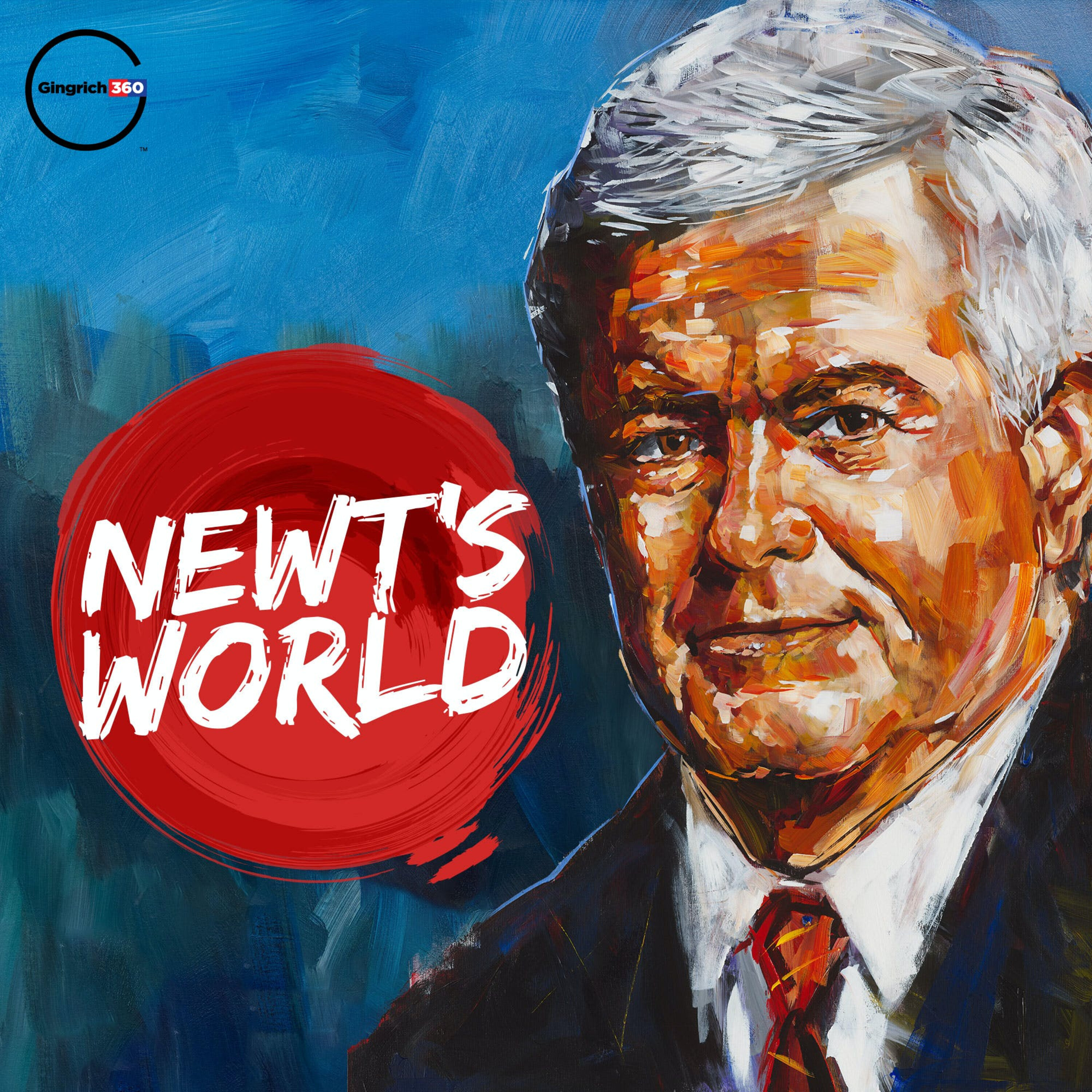
Newt's World
Gingrich 360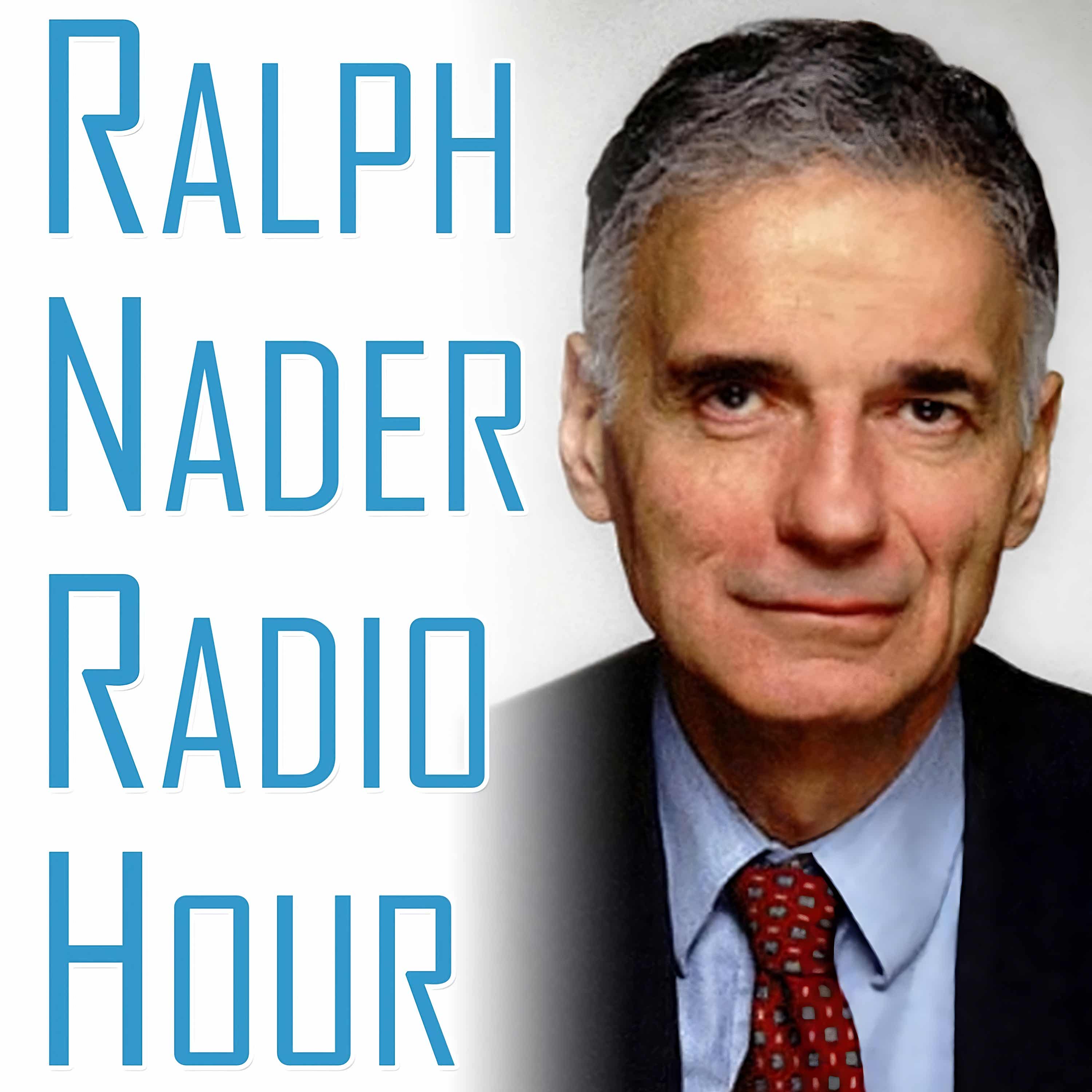
Ralph Nader Radio Hour
Ralph Nader
Bannon`s War Room
WarRoom.org
Bannon’s War Room
dan fleuette
The Young Turks
TYT Network
The Beat with Ari Melber
Ari Melber, MS NOW
The Damage Report with John Iadarola
TYT Network
The Majority Report with Sam Seder
Sam Seder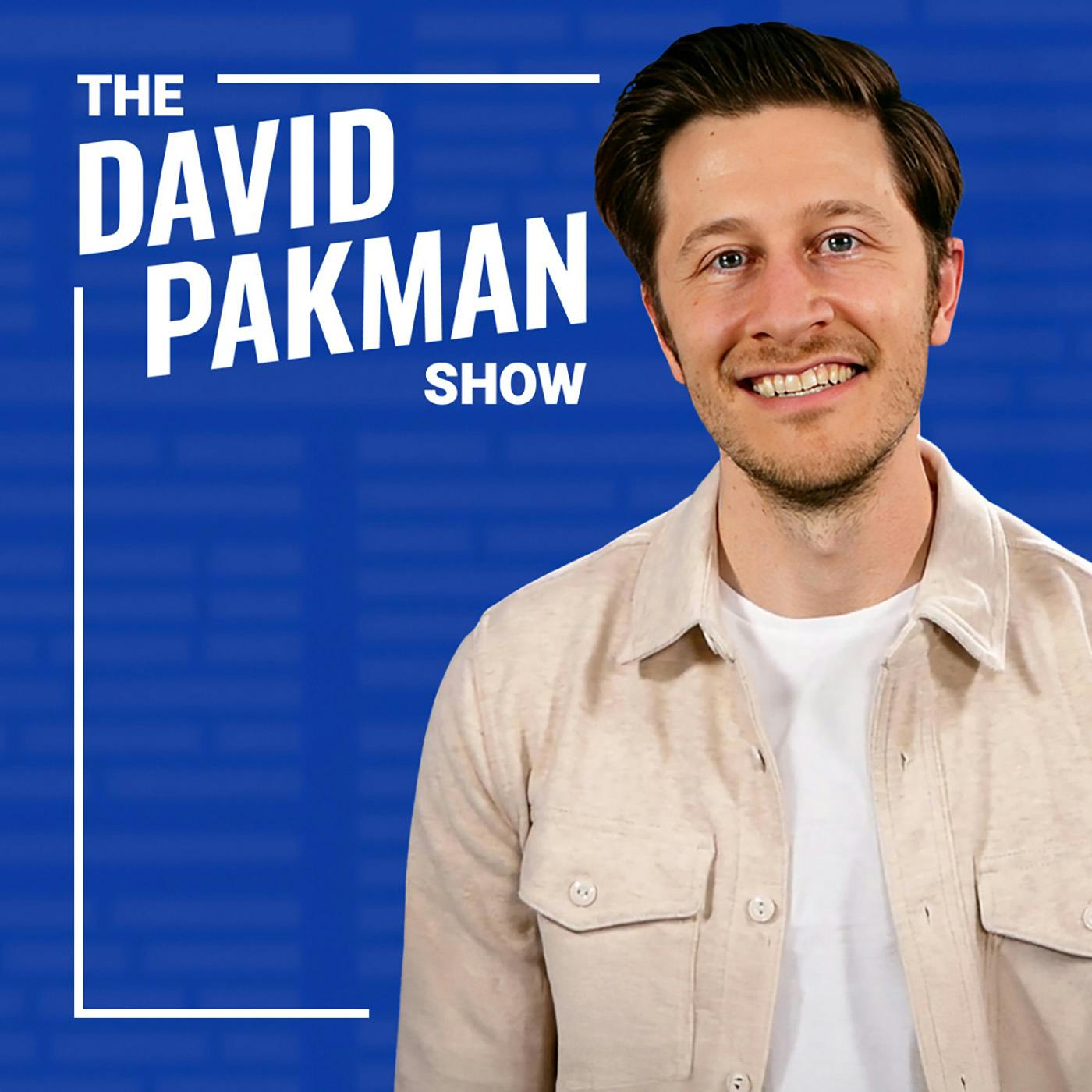
The David Pakman Show
David PakmanGet A Grip with Kendall Reusing
Kendall Reusing
Ultimately with R.C. Sproul
Ligonier Ministries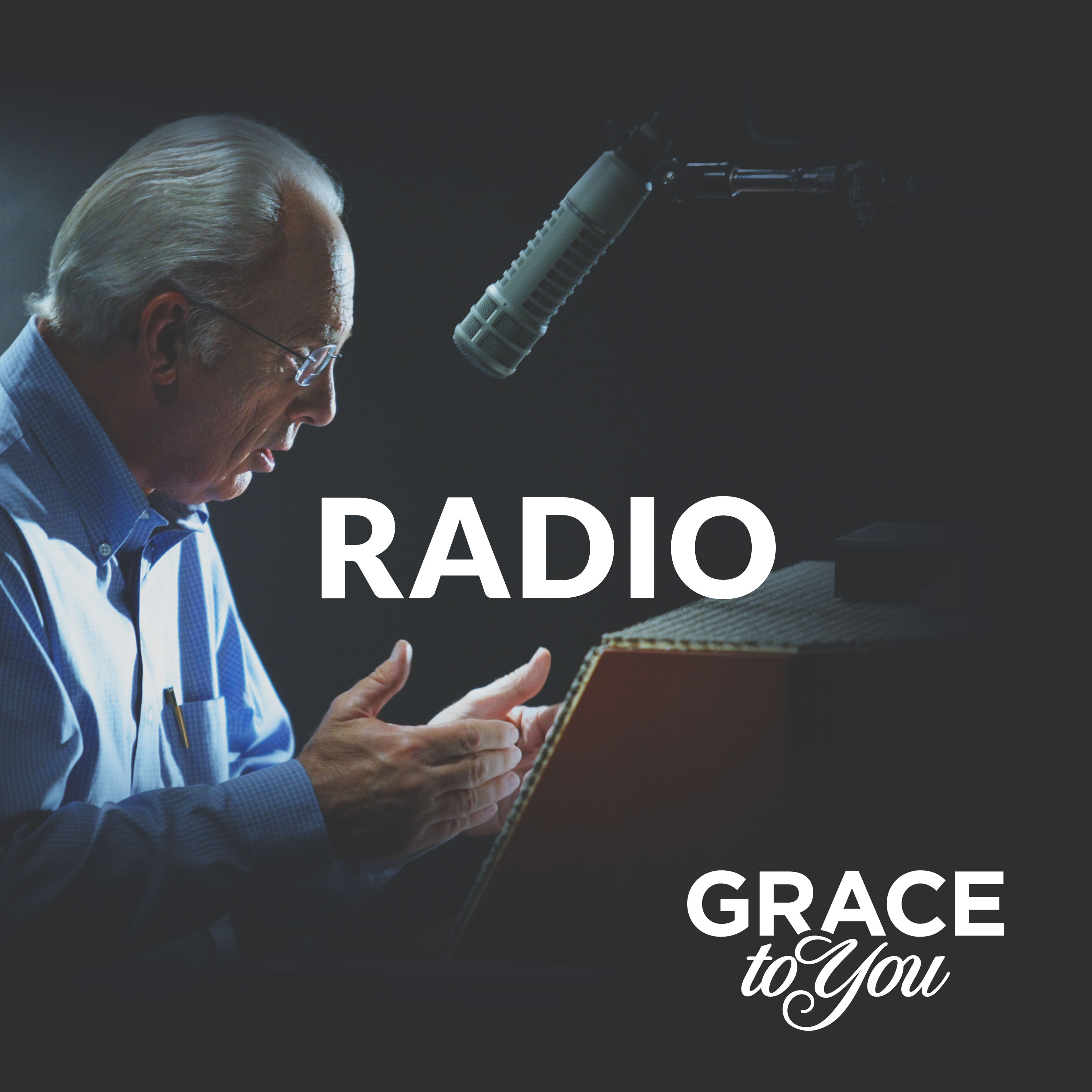
Grace to You: Radio Podcast
John MacArthur
The Briefing with Albert Mohler
R. Albert Mohler, Jr.
StarTalk Radio
Neil deGrasse Tyson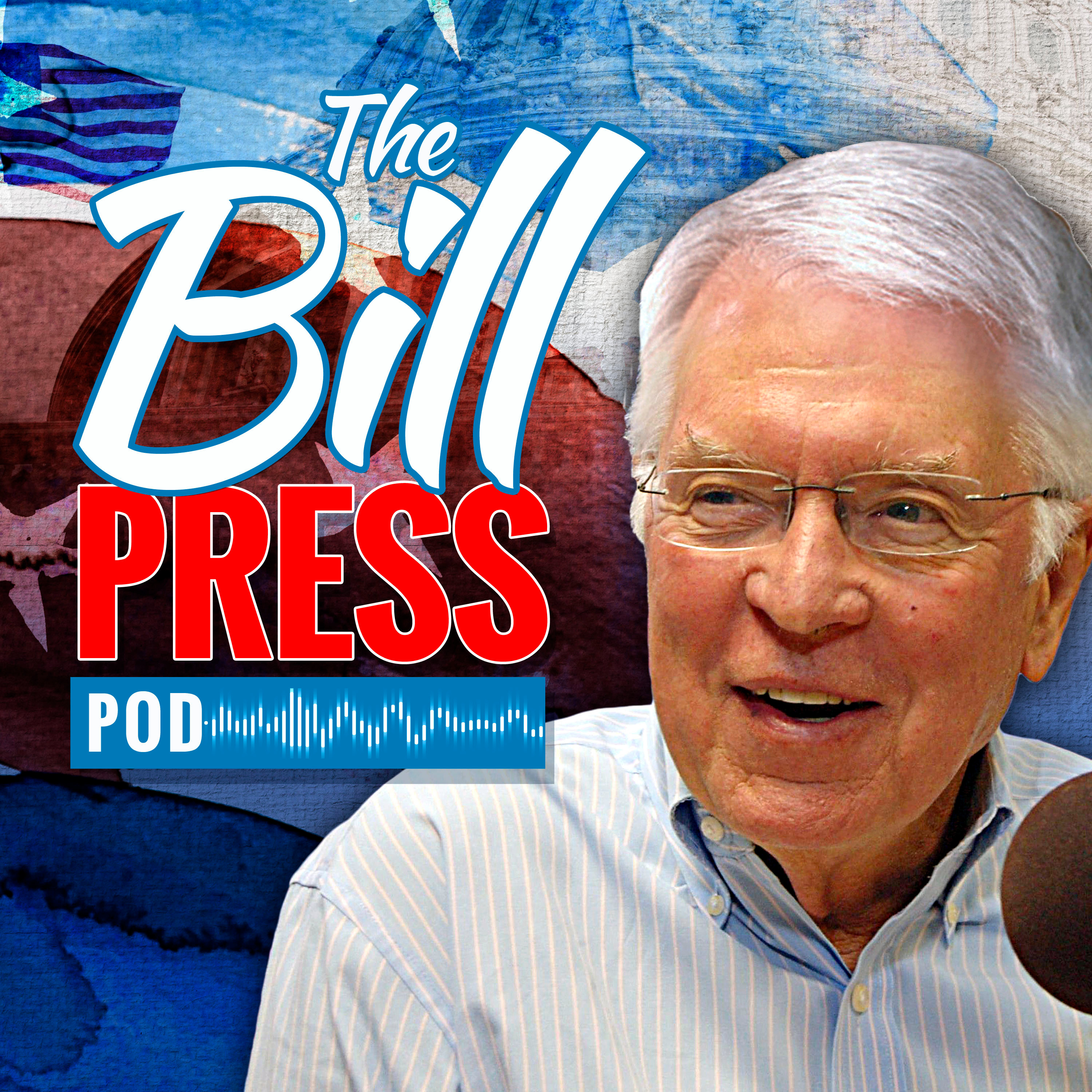
The Bill Press Pod
BP Pods
Ask Pastor John
Desiring God
The Weekly Show with Jon Stewart
Comedy Central
Ask Ligonier
Ligonier Ministries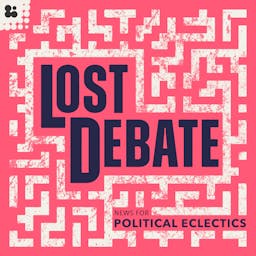
Lost Debate
The Branch
Coffee-Time-Again
Dale Hutchinson
5 Minutes in Church History with Stephen Nichols
Ligonier Ministries
The Ezra Klein Show
New York Times Opinion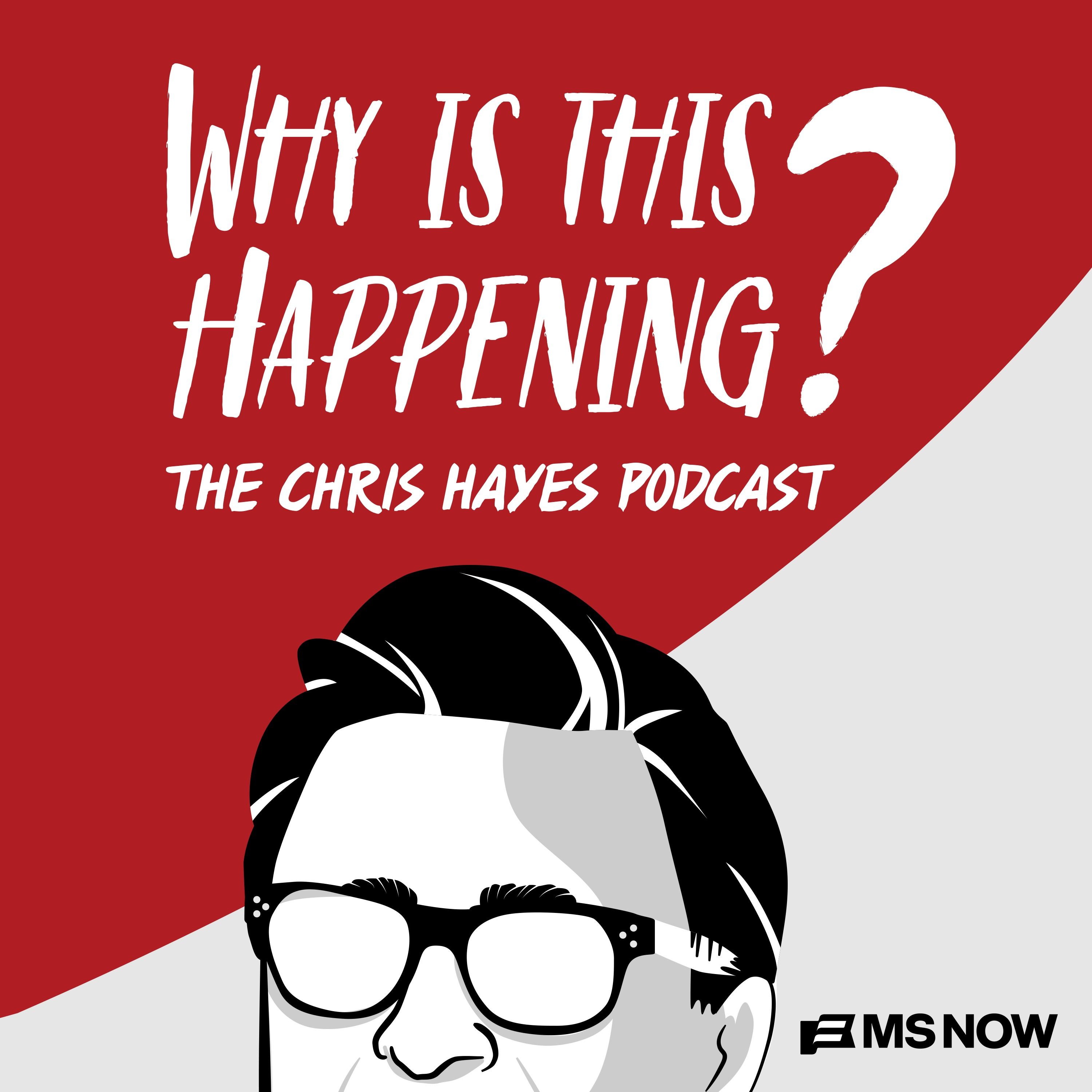
Why Is This Happening? The Chris Hayes Podcast
MS NOW, Chris Hayes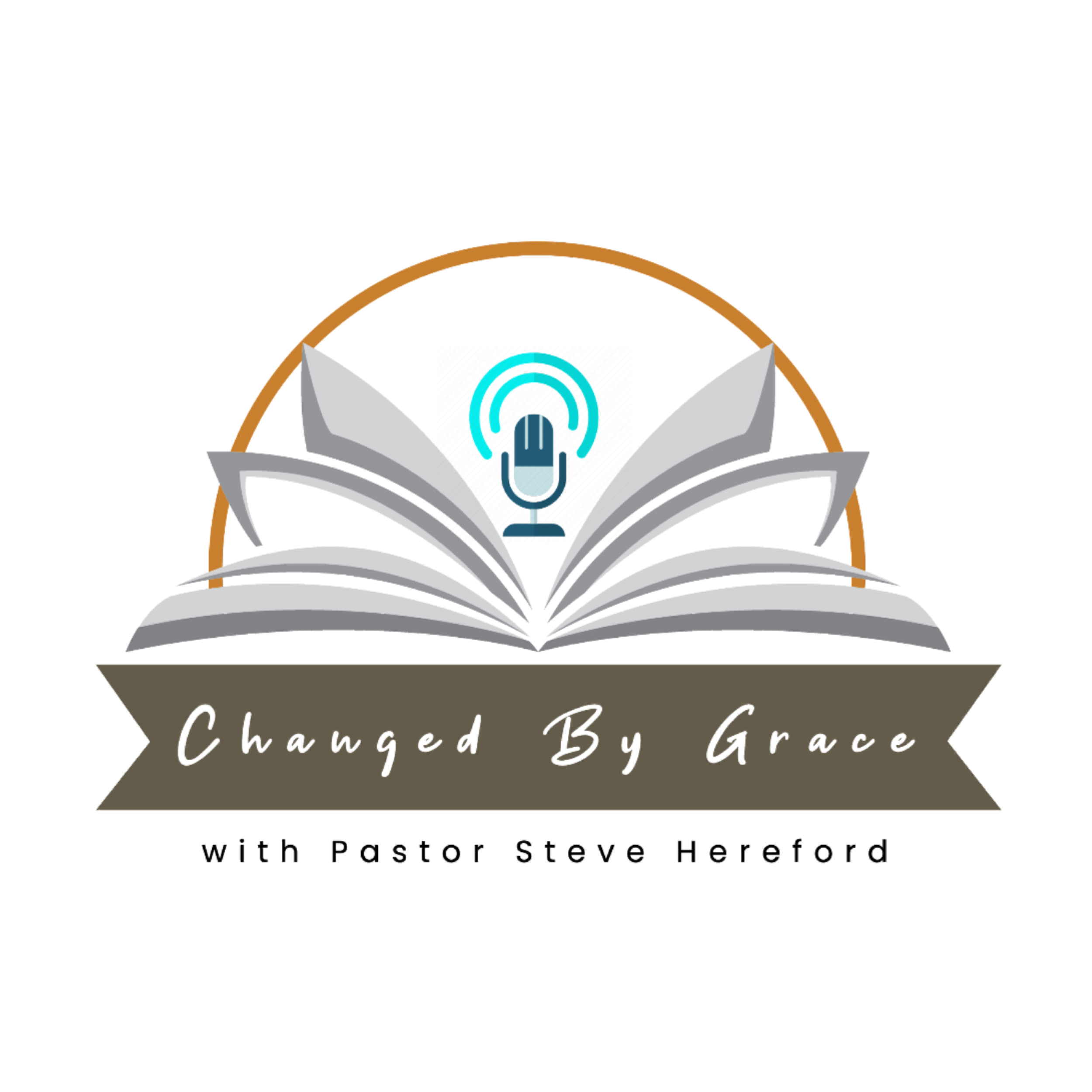
Changed By Grace
PodPoint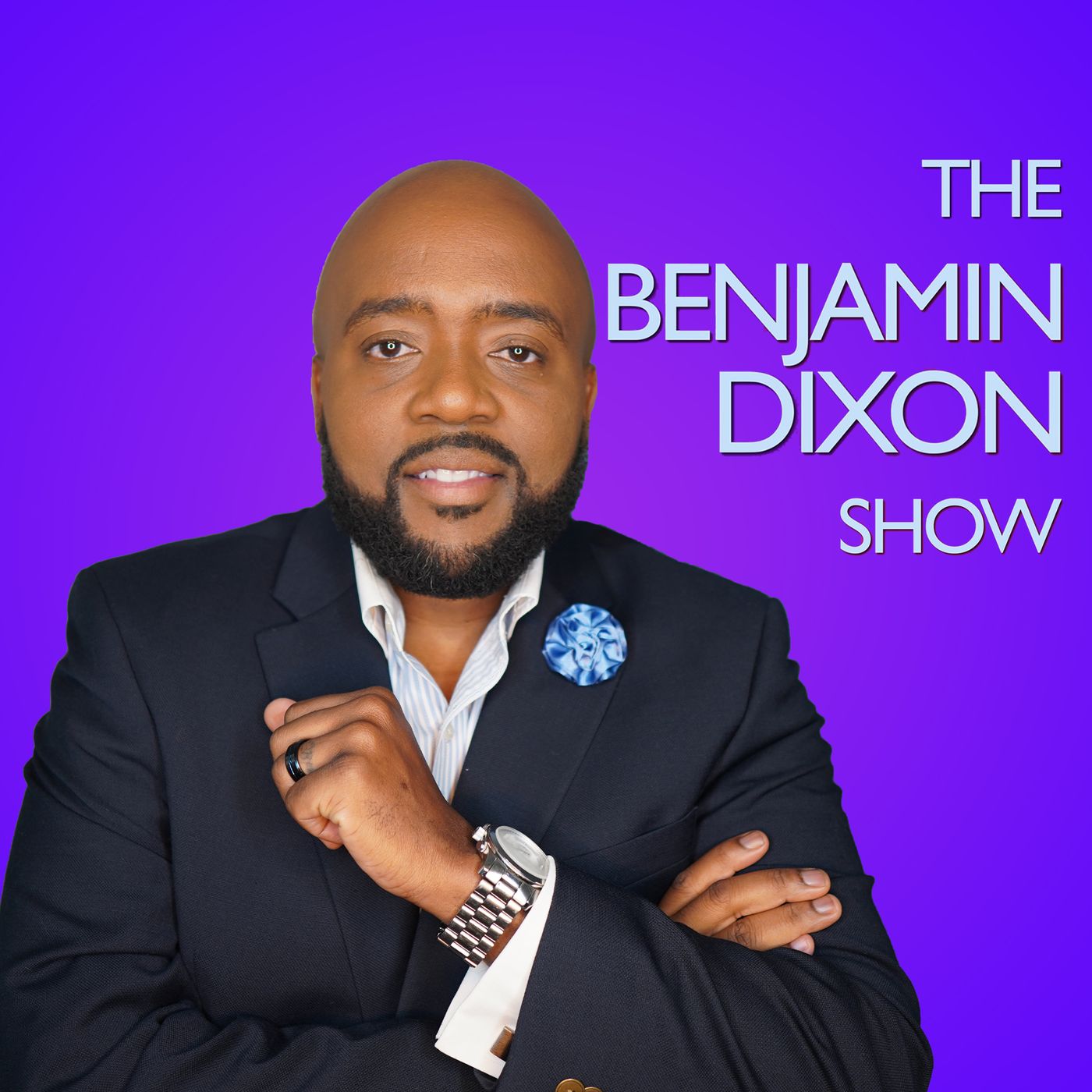
The Benjamin Dixon Show
The Benjamin Dixon Show
Thinking in Public with Albert Mohler
R. Albert Mohler, Jr.
Who Killed JFK?
iHeartPodcastsThe MacArthur Center Podcast
The Master's Seminary
Jean Jacques Machado : No Gi Required
Jay Zeballos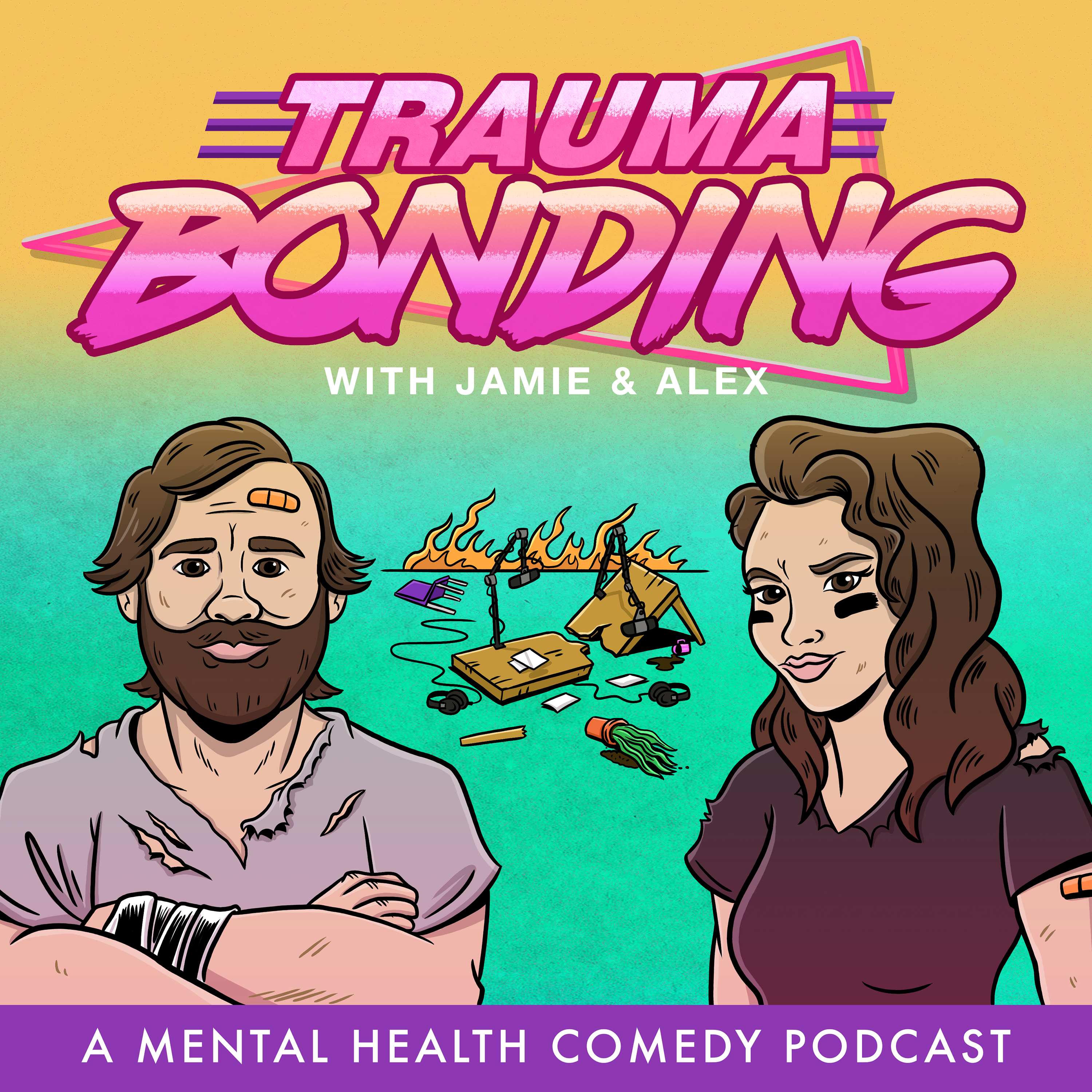
Trauma Bonding
Jamie Kilstein
This Day in History
The HISTORY Channel
The Ben Shapiro Show
The Daily Wire
The Sean Hannity Show
Sean Hannity
Breaking Points with Krystal and Saagar
iHeartPodcasts
The Kyle Kulinski Show
Kyle Kulinski